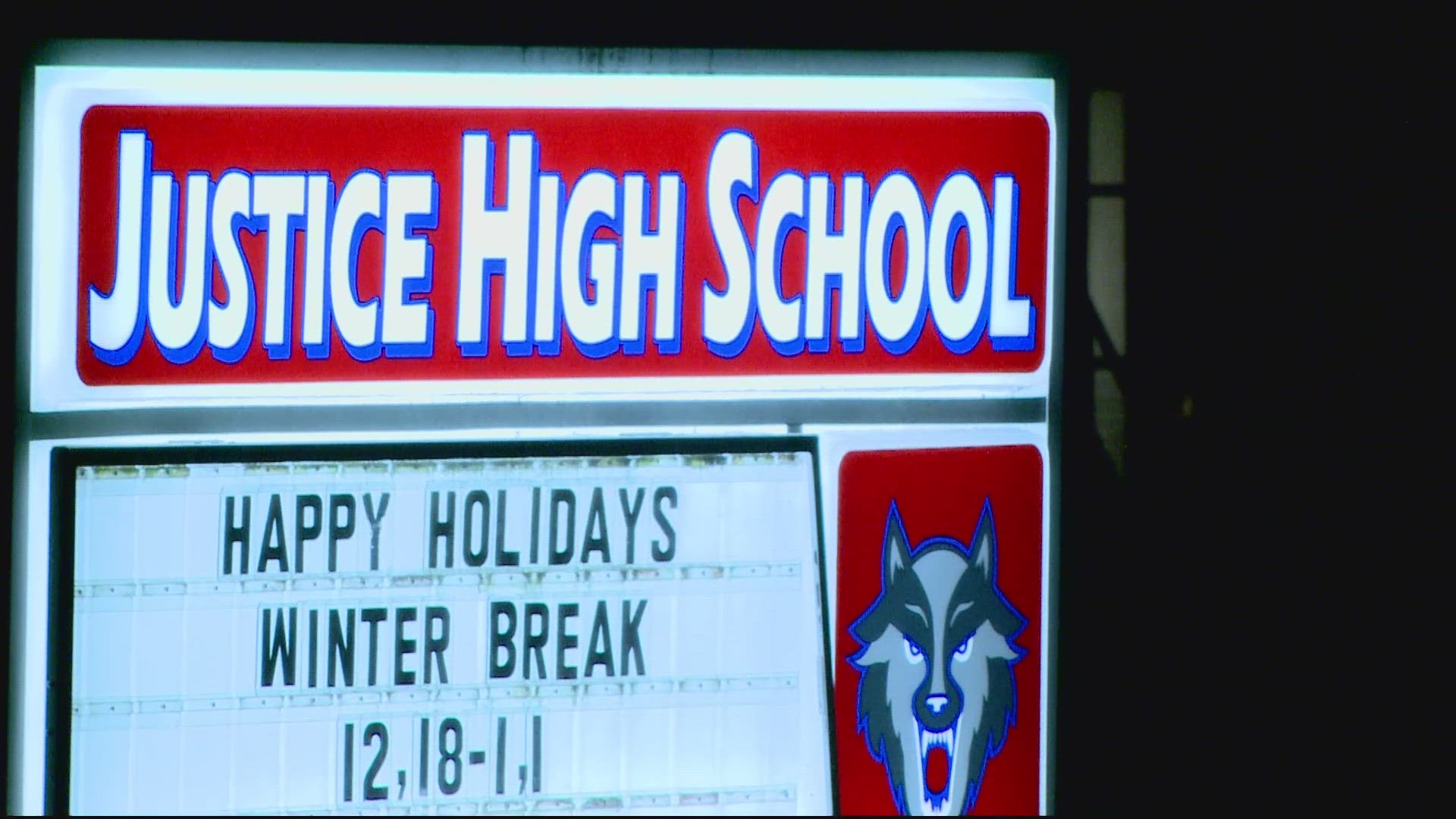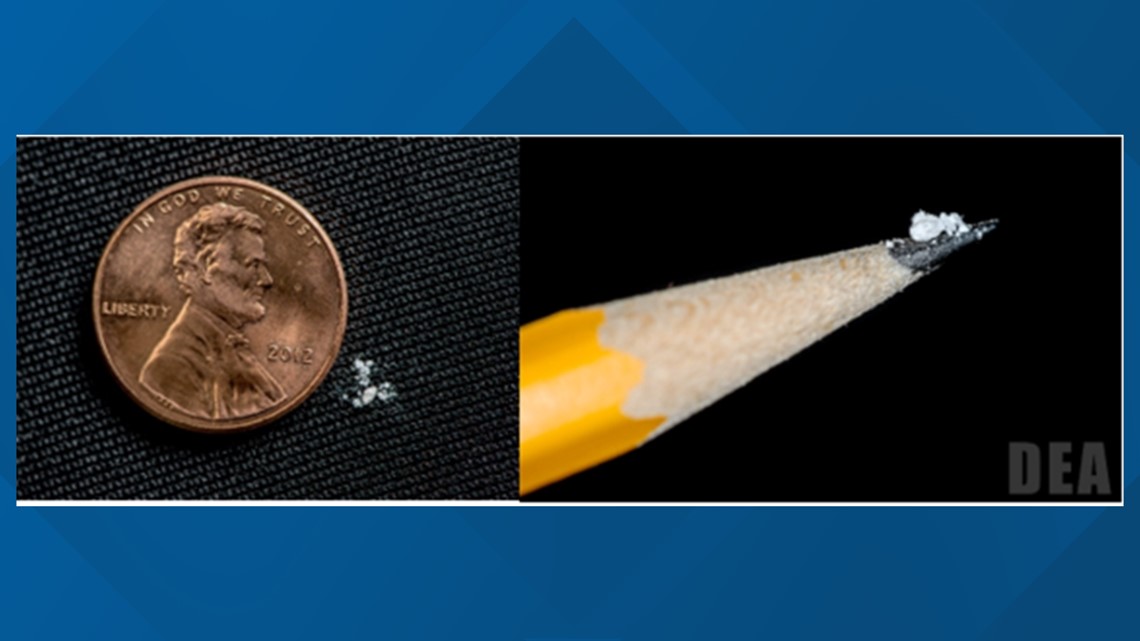Student overdoses in Virginia and dies
WUSA9 has learned the female student attended Justice High School in Fairfax County.

Another student has suffered an overdose in Virginia. This time it was deadly.
Fairfax County Police say around 6 p.m. on Monday, they responded to an apartment in the 2900 block of John Marshall Drive for a teenager who was unconscious and not breathing. Police say the teen was rushed to the hospital, but was pronounced dead shortly after.
Detectives say the teen was video chatting with a friend when she lost consciousness. That friend contacted a family member of the teen who went and found the teen and called 911.
Superintendent Dr. Michelle C. Reid sent a letter out to families on Tuesday addressing the overdose involving a student from Justice High School. She says out of concern for the student's privacy, no further information will be released including the identity of the student.
In her letter, Reid says she wants to make sure every parent and caregiver has access to the correct and appropriate resources as substance misuse among students continues to be a problem in the Commonwealth state.
"It is important that we treat substance use disorders and overdoses with compassion, grace and understanding. As a community, we all play a role in reducing the stigma associated with substance use disorders, while also focusing on substance misuse prevention. So often, families are caught unaware. So many families think it does not affect them until it does. Please be vigilant," says Reid.
FCPS' Office of Safety and Security has a safety tip line that you can access anonymously online, by text, or by phone if you have any safety concerns at your child's school.
Growing Trend
Fentanyl continues to be a growing concern not only in Fairfax County but across the country. According to the Drug Enforcement Administration, as little as 2mg of fentanyl can be deadly.
That amount is what you see on the tip of this pencil.


According to Fairfax County Police, 90% of all drug overdoses in the Fairfax Health District have involved fentanyl.
FCPD says the most common types of fentanyl that they've encountered have come in the form of small blue pills, "perk 30s" or "M30" pills.
They say other common types of drugs marketed to young people that may contain fentanyl include counterfeit prescription pills like Xanax, Percocet or Adderall.
FCPD warns that the appearance and packaging can vary greatly and it's almost impossible to know whether an illicit drug has a deadly dose of fentanyl or not.
Preventing Youth Drug Usage
Fairfax County Police says have open communication with your children. Encourage them to talk to you about their experiences, concerns and encounters with drugs, but try to maintain a non-judgmental approach.
Educate yourself and your kids about the dangers of drugs. Try to stay on top of the current drug trends and the risks that come with them.
Some of the signs of drug use include sudden changes in behavior, declining academic performance, and changes in friend groups. Keep an eye out for the signs.
Make sure you secure all prescription medications at home.
Learn how to use Narcan or some type of naloxone, to reverse an opioid overdose.
Resources
If you or someone you know is experiencing substance use issues, Fairfax County Police shared the following resources.
- If the situation is immediately life-threatening, call 911. Fairfax County Fire and Rescue personnel carry medication that can prevent deaths from opioid overdose.
- Call the Fairfax-Falls Church Community Services Board (CSB) Entry & Referral line at 703-383-8500, Monday through Friday, 9 a.m. to 5 p.m., to access behavioral health services, including substance use treatment services for youth and adults.
- If it’s after business hours, call CSB Emergency Services at 703-573-5679 or the Fairfax Detoxification Center at 703-502-7000; both are available 24/7.
- CSB Peer Outreach Response Team (PORT) provides outreach, engagement, and resource navigation to individuals who have serious opioid and other substance use challenges. If you or someone you know could benefit from PORT services, call 703-559-3199.

